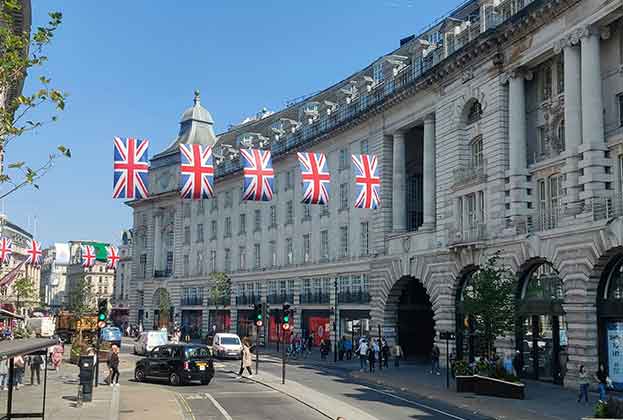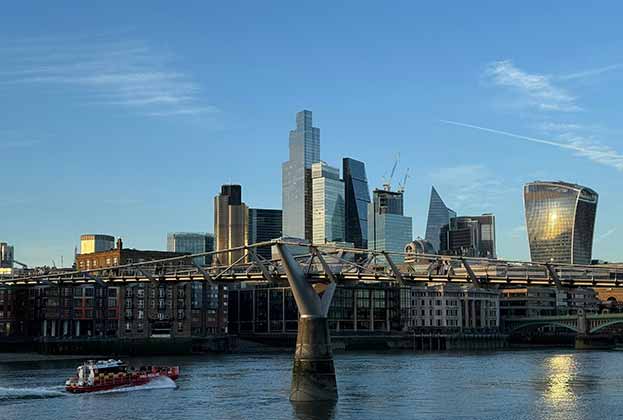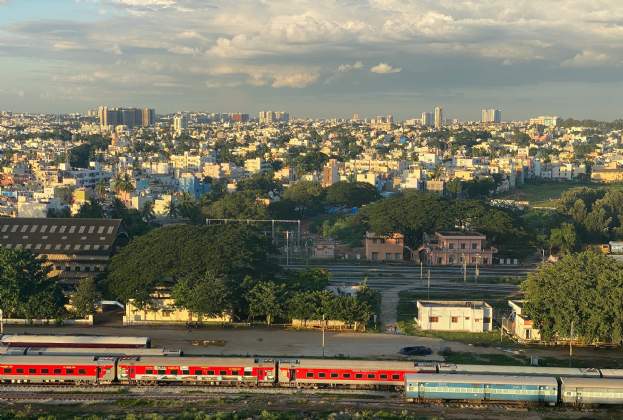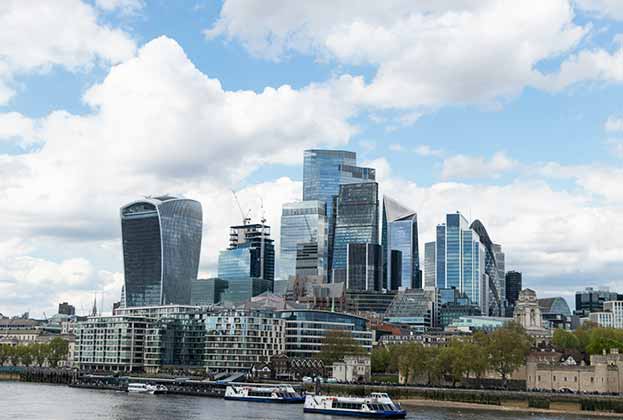Cambridge continues to attract some of the world’s best known businesses, with the likes of Apple, Amazon, Microsoft and Astra Zeneca all finding homes in the city. However, despite all the big names, it is in fact the start-up community that is attracting the most attention amongst investors, but with such little space and such high demand do they have anywhere to go?
The city’s ability to draw in multinational office and lab occupiers has allowed it to compete with other global locations as a bioscience and pharmaceutical hub. Cambridge has undoubtedly seen its fair share of larger corporate transactions within the private equity and M&A markets, with Softbank’s 2016 takeover of ARM totalling £24 billion alone. Yet, it is instead the volume of recent venture capital (VC) investment that indicates just how strong Cambridge’s start-up scene is, pointing out the significant latent demand for the right kind of space for these businesses to become the next big thing.
Savills recent Spotlight on Cambridge noted that since 2012, £790 million of VC funds has been invested in the city. Of which, £270 million was invested in the first seven months of 2017 alone. What’s more, 84 per cent of this funding has helped to bolster the pharmaceutical, biotechnology and software sectors, all key contributors to Cambridge’s economy.
If we break this down further still, since 2012 Cambridge has received £4,415 of VC funding per capita – 37 per cent more than its nearest global competitor Boston, USA. As a result of this financial backing, Cambridge was granted 341 patents per 100,000 people during 2016, almost 19 times the national average, meaning it’s not just the multinationals competing for space.
Many of these fast-growth start-up companies will look to expand out of dedicated incubator accommodation and while there is a pipeline of large-scale commercial development, there is still a shortage of available grow-on space.
Looking forward, however, Biomed Realty is developing 108,000 sq ft of this kind of speculative space at Babraham which set to complete during 2019, while future offices at Granta Park should also help to ease the shortfall. Furthermore, the Bradfield Centre, currently under construction at Cambridge Science Park, will also provide 40,000 sq ft of room to nurture another 500 start-ups.
Today’s seed is tomorrow’s Apple, making successful start-ups crucial to the growth of Cambridge’s economy. For this reason, the creation of new high-quality grow-on space within key clusters across the city should help to free up incubators ready for the next generation of bio, pharma and tech sector superstars.
Further information
Read more: Cambridge: building its global future
.png)




.jpg)

.jpg)


